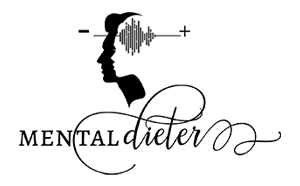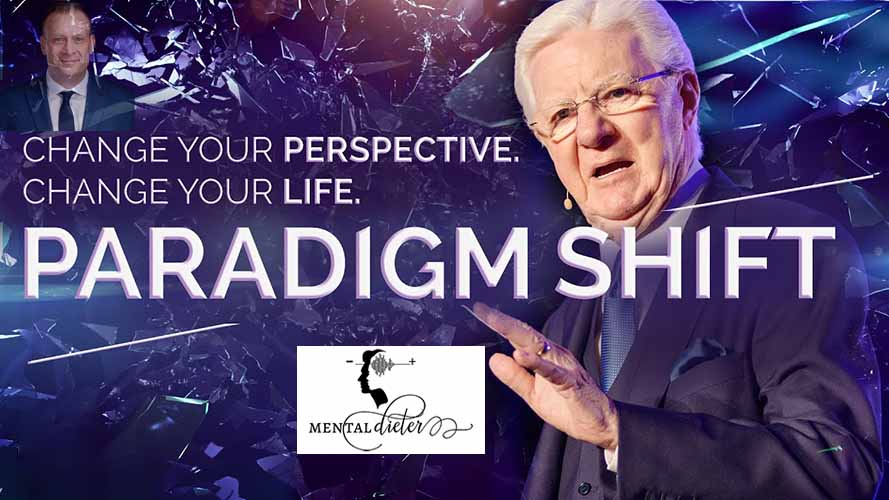Understanding the essence and meaning of paradigm is essential to any type of growth and development. This is because 96-98 percent of all behavior is controlled by our paradigms. A paradigm is a habitual way of looking at anything, it is a multitude of ideas that you hold and which form your beliefs. Simply put a paradigm is a belief
Self-image is one great example of a paradigm. Self-image is formed through a variety of repeated experiences and exposure to the opinions of others (specifically trusted sources). As the father of psychology James Allen noted: “We are thought evolved beings”. Once a paradigm is set, it becomes the rule by which we base decisions.
In Maltz’s Book Psyco-Cybernetics he explains that a paradigm is like a self-correcting Computer. Like a temperature thermostat, once the set norm is out of accepted parameters corrections are automatically made to get back to normal, or “feeling normal”.
This is why we make a decision to do something and even make great strides for a while and then end up back where we started. Take losing weight for example. You lose 20-50 lbs and before you know it, somehow it’s back? Remember 96-98 percent of our behavior is habitual and based on our paradigms which are stored in our subconscious mind.
Someone once said the subconscious is Gods way of making good automatic for us. You might think decisions are made by your conscious mind and they appear to be, but that is not entirely accurate.
“Higher cognitive processing in the cerebral cortex can occur without consciousness. The regions of the brain responsible for the emotions and motives, not the cortex, direct our conscious attention.”
In my coaching program, I explain that if you want new and better results you need to shift your paradigm. I challenge everyone my clients and hold them accountable until necessary changes have been adopted. You can not outperform your beliefs. But, once the new paradigm is in place quantum leaps occur. Growth becomes exponential.
One of the reasons an accountability partner is crucial has to do with the fear that springs up from the changes being made. Fear is part of the auto-correction process/cybernetic mechanism (subconscious paradigm). At best you feel uneasy, at worst it can be terrifying. Depends on the paradigm.
In my six month program where I guide you through 12 lessons, we touch on this in almost every lesson.
Business Paradigms
Business paradigms with regard to modeling are not always as ingrained and hard to change as personal paradigms, but corporate culture (the shared values, attitudes, standards, and beliefs that characterize members of an organization) can be more difficult to redirect. It takes training and attention. In Covey’s book “The Seven Habits of Highly Effective People” he suggested getting staff to contribute to a mission statement, as one way to change a culture and get it adoption automatically. Best to get participants emotionally involved, get them to really come from the heart.
“You never change things by fighting against the existing reality. To change something, build a new model that makes the old model obsolete.” – Buckminster Fuller
Corporate culture and business models are also paradigms. A wonderful little book was written called “Who Moved My Cheese“, wherein the author describes businesses that became obsolete mainly due to their inability to shift their paradigm and adapt to change quickly.
Uber is a great example of a paradigm shift within the taxi industry. Uber is basically a payment gateway app that connects drivers and people who need a ride. Whats happens to Uber if people find a way to connect and exchange money without them. Bye, Bye Uber! If there are any investors reading this, keep an eye on Blockchain Technology to change a whole lot of paradigms.
With my business coaching clients, I like to do a business audit and see what’s working and what paradigms may need updating with the company leaders and staff. When you get your people to unlock their hidden potential and shed their limiting beliefs there performance will astound you. You will think to yourself where has been this person been all this time.
If any of this resonates with you I would like to offer you a free coaching call no strings attached, absolutely no cost to you. If what you discover provides enough value perhaps you will become a client, If not, I will wish you well and thank you kindly for your time.

